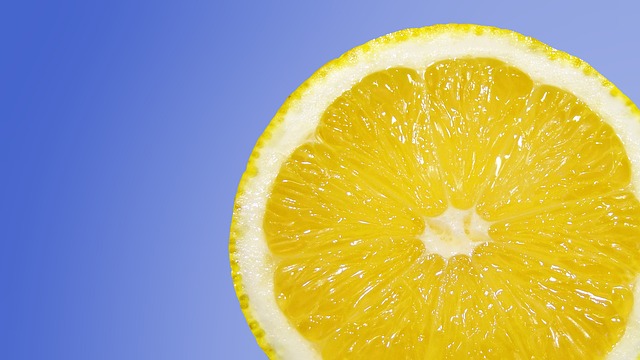Probiotics for Kids and Babies: The Ultimate Guide for a Healthier Future
As parents, we always want what’s best for our children. This includes ensuring that they are getting the proper nutrients to grow up healthy and strong. One nutrient that may be overlooked, but is essential for a healthy gut, is probiotics. Probiotics are live microorganisms that help maintain the balance of good and bad bacteria in our bodies. In this ultimate guide, we’ll cover everything you need to know about probiotics for kids and babies.
What are probiotics and why are they important for kids and babies?
Probiotics are live bacteria and yeasts that are good for our bodies. They are often referred to as “good” or “friendly” bacteria because they can help keep our digestive system healthy. Probiotics can be found naturally in certain foods such as yogurt, kefir, sauerkraut, and kimchi. They can also be taken as supplements. Probiotics are important for kids and babies because they help to build a strong immune system, aid digestion, and improve overall gut health.
How do probiotics benefit kids and babies?
Probiotics have been shown to provide numerous health benefits for kids and babies. Here are just a few of the ways that probiotics can benefit your child:
- Prevention and treatment of diarrhea: Probiotics can help alleviate diarrhea caused by infections or antibiotics. They can also help prevent diarrhea from occurring in the first place.
- Improvement in eczema symptoms: Probiotics have been shown to improve the symptoms of eczema in children. Eczema is an itchy, red rash that is common in babies and children.
- Reduction in allergies: Probiotics may help reduce the risk of developing allergies in children.
- Strengthened immune system: Probiotics can help strengthen a child’s immune system by increasing the number of beneficial bacteria in the gut.
- Improved digestion: Probiotics can help break down food and aid in digestion.
What are the best sources of probiotics for kids and babies?
Probiotics can be found naturally in some foods and can also be taken in supplement form. Here are some of the best sources of probiotics for kids and babies:
- Yogurt: Yogurt is a great source of probiotics for kids and babies. Look for yogurt with live and active cultures.
- Kefir: Kefir is a fermented milk drink that is similar to yogurt. It contains a variety of probiotic strains and is a good source of calcium.
- Sauerkraut: Sauerkraut is a fermented cabbage dish that is a great source of probiotics.
- Kimchi: Kimchi is a traditional Korean dish that is made from fermented vegetables, such as cabbage. It is loaded with probiotics and is high in vitamins and minerals.
- Probiotic supplements: Probiotic supplements can be found in capsule, powder, or liquid form. They can be a convenient way to ensure that your child is getting enough probiotics.
When should you give your child probiotics?
Probiotics can be given to children of all ages, including babies. However, it is always best to consult with your pediatrician before giving your child any new supplements. Probiotics can be especially beneficial during or after a course of antibiotics, as they can help replenish the beneficial bacteria that were killed by the antibiotics.
Are there any risks associated with giving probiotics to kids and babies?
Generally, probiotics are considered safe for kids and babies. However, some kids may experience bloating, gas, or stomach upset when first starting probiotics. These symptoms usually go away after a few days. In rare cases, probiotics can cause more serious side effects, so it is important to talk to your pediatrician if you have any concerns.
The bottom line
Probiotics are an important part of a healthy diet for kids and babies. They can help improve digestion, boost the immune system, and may even help







